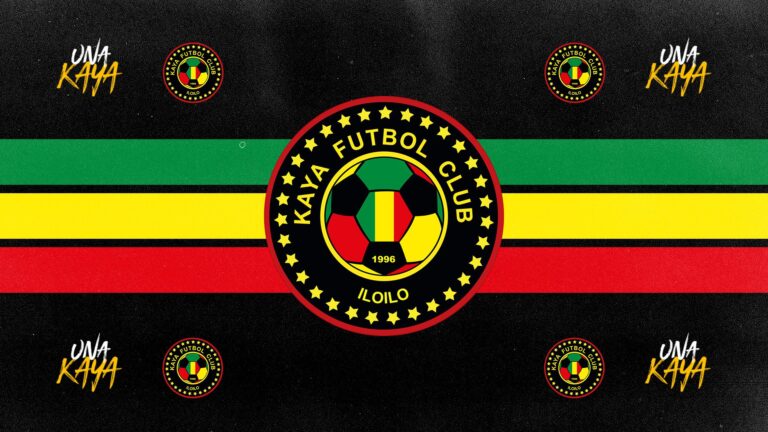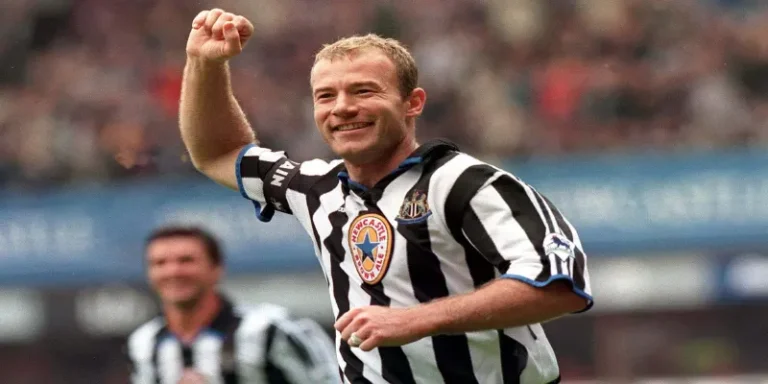
Secrets Behind UEFA Champions League's Global Reign
The UEFA Champions League isn’t just a football tournament—it’s a global spectacle where Europe’s fiercest clubs battle for glory and legacy. Since its rebranding in 1992, the competition has grown into a multi-billion-dollar stage of tactical brilliance, unforgettable drama, and rising legends. From magical comebacks to dynasties forged under pressure, the Champions League has redefined modern football. But how did it become such a cultural titan? In this article, we dive deep into the tournament’s transformation, spotlight the clubs that have conquered it, and uncover the ways it has reshaped the beautiful game for fans and players alike.
The Evolution of the UEFA Champions League Format
The evolution of the UEFA Champions League format has been pivotal in enhancing the competition and maintaining its relevance.
Introduction of the Group Stage
The introduction of the group stage in 1992 allowed teams to play multiple matches and generated a greater number of fixtures. This was crucial not only for fan engagement but also for clubs to maximize revenue through home games.
The group stage has favored clubs from smaller leagues, providing exposure to an arena that might otherwise be unattainable, increasing unpredictability in the early rounds.
Seeding and Qualification Changes
In response to the changing dynamics of club football, UEFA has tweaked its qualification processes and seeding systems over the years. More competitive leagues are now rewarded with multiple representatives, allowing better performance from a wide array of clubs.
Additionally, seeding helps to minimize the chances of top teams being drawn against one another in the early stages, maintaining the competitive integrity of matches during group phases.
Financial Considerations
The financial evolution surrounding the Champions League is immense. TV rights deals and increased broadcasting revenue have incentivized UEFA to enhance the tournament’s revenue stream.
This economic model caters to elite clubs while ensuring that funds are directed towards grassroots football, facilitating a balanced approach catering to all financial spectrums within the sport.
Technological Advancements
In recent decades, the advent of technology has shaped the way the Champions League is experienced and officiated. Innovations such as Video Assistant Referee (VAR) and goal-line technology have been implemented, promoting fair play and accuracy in officiating.
This technological revolution reflects UEFA’s commitment to upholding the integrity of the tournament while enhancing the experience for fans around the world.
UEFA Champions League Top Scorers
The UEFA Champions League has also produced remarkable goal-scorers—players who have etched their names into the history books of the competition.
Cristiano Ronaldo: The Record-Breaking Sensation
Cristiano Ronaldo’s tally of goals in the Champions League stands as the highest in the tournament’s history. His phenomenal scoring ability and knack for performing under pressure have established him as one of the all-time greats in football.
Whether playing for Manchester United, Real Madrid, or Juventus, Ronaldo has consistently delivered on the grand stage, highlighting how elite players can influence the outcome of high-stakes matches.
Lionel Messi’s Magical Touch
Lionel Messi follows closely behind Ronaldo’s record, producing moments of magic that have captivated fans through the years. Messi’s dribbling, vision, and finishing ability have contributed to his incredible goal count and cemented his legacy as one of the sport’s greatest talents.
His contributions to FC Barcelona and, more recently, PSG have showcased a level of consistent excellence that often draws comparisons to previous greats.
The Business of Scoring
The presence of quality goal-scorers not only elevates individual reputations but can also enhance club revenues. Strikers with high goal tallies attract both commercial interest and fan loyalty, which plays an integral role in a club’s success on and off the pitch.
Clubs that can cultivate and retain such talent create a competitive edge, as scoring in the Champions League is tantamount to achieving both personal and commercial success.
Comparing the UEFA Champions League and Other Major Tournaments
While Champions League occupies a top position in club football, comparisons with other major tournaments are inevitable. This section examines how it stacks against its counterparts.
UEFA Europa League
The UEFA Europa League serves as the secondary club tournament organized by UEFA. While it features some strong teams, it lacks the same level of commercial hype and star power that the Champions League enjoys.
The structure allows clubs that do not qualify for the Champions League another shot at European competition but typically sees lesser-known names rise through the ranks.
Domestic Leagues
Domestic leagues such as the Premier League, La Liga, or Serie A offer different experiences. They usually highlight consistency in performance across a season, as opposed to the knockout format of the Champions League.
Domestic leagues maintain their significance by nurturing talents and developing the football framework in respective countries while feeding into the elite Champions League competition.
International Competitions
International tournaments, such as the FIFA World Cup and UEFA European Championship, serve a different purpose from club tournaments. They celebrate national pride and bring together players from diverse clubs worldwide.
While the Champions League showcases club teams, international competitions highlight national allegiances, drawing out a different emotional investment from fans.
The Cultural Significance
The UEFA Champions League resonates profoundly with fans, generating excitement that blends passion, rivalry, and pride. The tournament serves as a significant cultural phenomenon, where teams embody city pride, and iconic matches lead to lasting memories.
In many ways, its exclusivity contributes to its allure, transforming the competition into a spectacle that fans yearn to be a part of.
Conclusion
The UEFA Champions League stands as a tribute to excellence, drama, and emotion in club football. With a rich history marked by significant transformations, it continues to impact the world of football positively. The most successful teams have established legacies that inspire future generations of players, while every match contributes to an entity that is much larger than the mere confluence of talent on the field. As football evolves, the Champions League represents an unyielding pursuit of greatness, serving as a pillar of the sport’s cultural significance.



